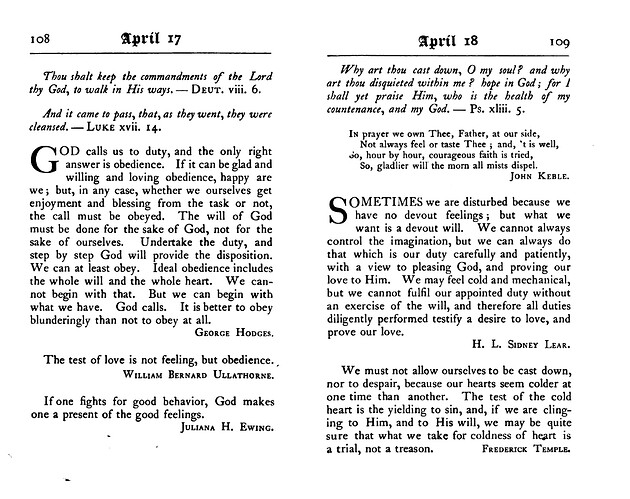Wednesday, while I was driving over the I-69 freeway bridge, going south on Chandler Road, this piece came on the radio. In the context of a larger discussion, Carl Sagan’s wife, Ann Druyan, is remembering when Sagan finally received the photo of Earth he had asked and asked to be taken from Voyager, a “one pixel world.” Then there is a recording of Sagan reading from the book he wrote about the photo. These are segments from Chapter 1 “You Are Here” from Pale Blue Dot. This is not the odd, wooden man I knew from Cosmos.
The ship was speeding away from the Sun at 40,000 miles per hour. But in early February of 1990, it was overtaken by an urgent message from Earth.
Obediently, it turned its cameras back toward the now-distant planets. …The spacecraft was 3.7 billion miles away from Earth, so far away that it took each pixel 5½ hours, traveling at the speed of light, to reach us.
The Voyagers were guaranteed to work only until the Saturn encounter. I thought it might be a good idea, just after Saturn, to have them take one last glance homeward. From Saturn, I knew, the Earth would appear too small for Voyager to make out any detail. Our planet would be just a point of light, a lonely pixel, hardly distinguishable from the many other points of light Voyager could see, nearby planets and far-off suns. But precisely because of the obscurity of our world thus revealed, such a picture might be worth having.
This is how the planets would look to an alien spaceship approaching the Solar System after a long interstellar voyage.
From this distant vantage point, the Earth might not seem of any particular interest.
But for us, it’s different. Look again at that dot. That’s here. That’s home. That’s us. On it everyone you love, everyone you know, everyone you ever heard of, every human being who ever was, lived out their lives. The aggregate of our joy and suffering, thousands of confident religions, ideologies, and economic doctrines, every hunter and forager, every hero and coward, every creator and destroyer of civilization, every king and peasant, every young couple in love, every mother and father, hopeful child, inventor and explorer, every teacher of morals, every corrupt politician, every “superstar,” every “supreme leader,” every saint and sinner in the history of our species lived there—on a mote of dust suspended in a sunbeam.
The Earth is a very small stage in a vast cosmic arena. Think of the rivers of blood spilled by all those generals and emperors so that, in glory and triumph, they could become the momentary masters of a fraction of a dot. Think of the endless cruelties visited by the inhabitants of one corner of this pixel on
the scarcely distinguishable inhabitants of some other corner, how frequent their misunderstandings, how eager they are to kill one another, how fervent their hatreds.
Our posturings, our imagined self-importance, the delusion that we have some privileged position in the Universe, are challenged by this point of pale light. Our planet is a lonely speck in the great enveloping cosmic dark. In our obscurity, in all this vastness, there is no hint that help will come from elsewhere to save us from ourselves.
The Earth is the only world known so far to harbor life. There is nowhere else, at least in the near future, to which our species could migrate. Visit, yes. Settle, not yet. Like it or not, for the moment the Earth is where we make our stand.
It has been said that astronomy is a humbling and character-building experience. There is perhaps no better demonstration of the folly of human conceits than this distant image of our tiny world. To me, it underscores our responsibility to deal more kindly with one another, and to preserve and cherish the pale blue dot, the only home we’ve ever known.
